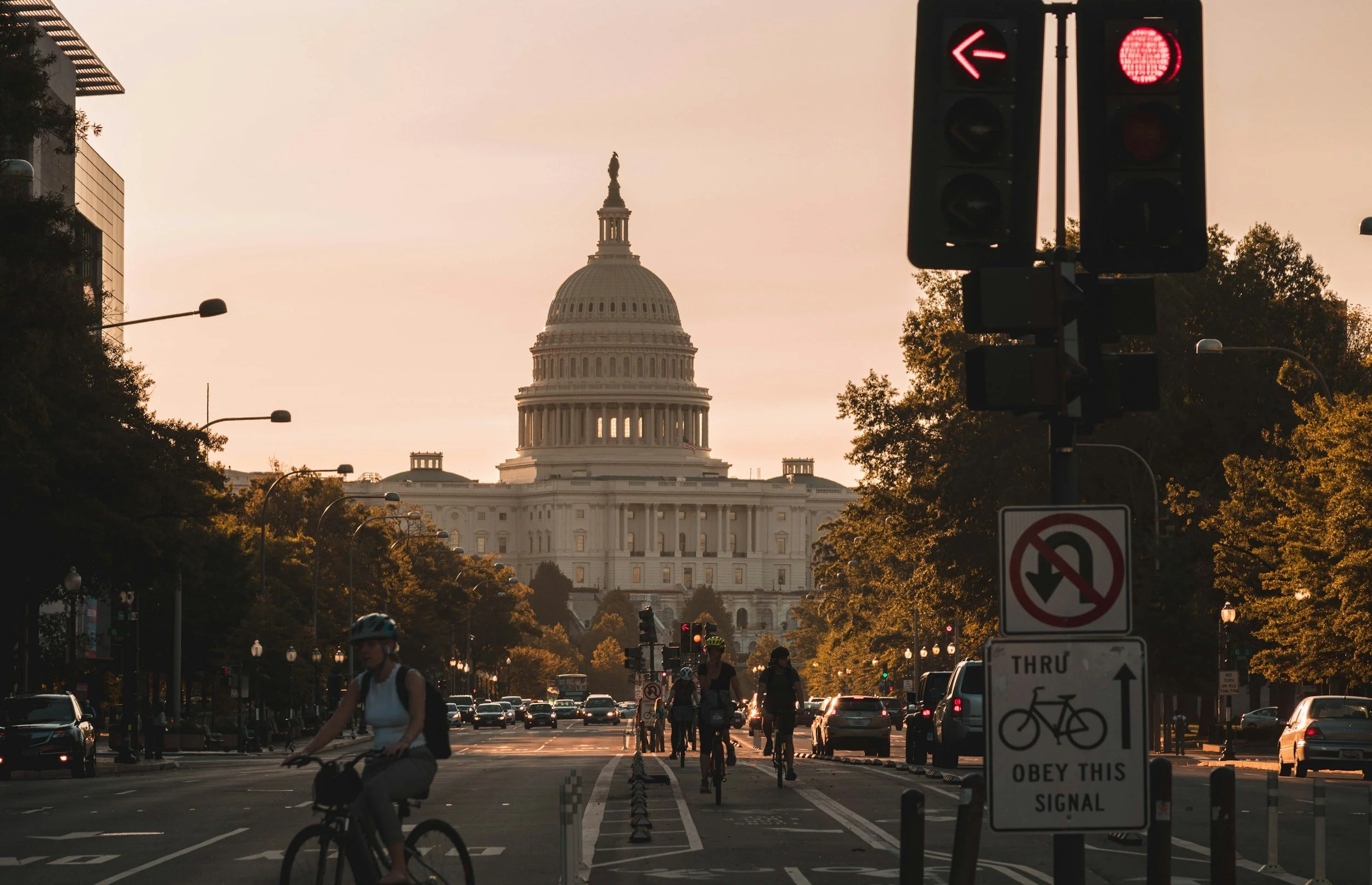In music, the gatekeepers are almost gone
In the vast expanse of the digital era, the democratization of music through free streaming platforms has recalibrated the axis of the music industry, ushering in an epoch where the voices of the many outshine the mandates of the few. This transformation is emblematic of a broader shift toward democratization across various spheres of society, underscoring the intrinsic link between art and democracy.
The implications of this shift are profound, marking a departure from an era when gatekeepers held the keys to the kingdom of musical success. In the past, artists were often at the mercy of record labels and industry executives, whose decisions could make or break careers. This old regime not only stifled diversity but also entrenched a cultural hierarchy that mirrored and solidified broader societal inequalities.
The hierarchies of music industry past are long gone, and free-to-upload streaming platforms have created a new means of equitable distribution. Looking at the rise of artists such as Chief Keef, Ice Spice, and Oliver Anthony through free streaming platforms symbolizes this seismic shift. Chief Keef's "I Don't Like" is an early example of this phenomenon, breaking out in 2012. The song became a rallying cry emanating from the streets of Chicago, transcending its local origins to captivate a global audience. The song was noticed and remixed by Kanye West. This surprising breakthrough, achieved outside the traditional industry framework, illustrated the potential for artists to reach the zenith of success on their own terms.
Lil Nas X's meteoric rise to fame through the platform TikTok underscores the transformative power of social media in the music industry. His breakout single, "Old Town Road," exemplifies how an artist can leverage the virality of a platform to reach a global audience rapidly. Initially released independently, the song gained explosive popularity on TikTok, where users embraced its catchy tune and unique blend of country and rap genres, creating a multitude of engaging videos that propelled the track into the mainstream. This phenomenon highlighted the platform's ability to democratize music discovery, allowing artists to bypass traditional industry gateways and connect directly with listeners. Lil Nas X's journey from internet sensation to Grammy-winning artist illustrates the potential of social media as a catalyst for uncovering and elevating diverse talent, thereby enriching the musical landscape and exemplifying the new pathways to success in the digital age.
Later, in 2023, artists like Ice Spice and Oliver Anthony would follow in these digital footsteps, using platforms such as TikTok, Instagram and YouTube, to catapult their music into the public consciousness. Their stories underscore the democratizing power of technology, which levels the playing field and allows talent, rather than tenure, to dictate success.
The arts have always been a mirror of society, reflecting its beauty and its fractures, its evolution and its revolutions. In this digital renaissance, music becomes an even more potent democratizing force, offering a stage for diverse voices and perspectives. This inclusivity not only enriches the cultural landscape but also fortifies the foundations of democracy itself, affirming the arts as a domain where liberty and creativity flourish, and where every voice has the potential to echo across the globe.
As we witness this unprecedented accessibility in music, we must also consider the broader implications for artistic expression and cultural discourse. The democratization of music distribution fosters an environment where artistic meritocracy can thrive, unencumbered by the biases and limitations of traditional gatekeeping. This new landscape not only amplifies a multitude of voices but also nurtures a richer, more nuanced dialogue within the arts. Artists from disparate backgrounds and genres bring forth their narratives, challenging the status quo and pushing the boundaries of creative expression. In this vibrant milieu, music becomes a powerful conduit for cultural exchange and understanding, fostering empathy and bridging divides. Thus, the evolution of music distribution is not merely a technological or economic phenomenon but a cultural revolution that redefines the relationship between artists, audiences, and the very fabric of society.
In this context, free streaming platforms are not merely technological tools but pillars of a more democratic and inclusive music industry. They embody the principle that access to culture should be a universal right, not a privilege for the select few. As these platforms continue to evolve and amplify new voices, they reaffirm the arts' vital role in nurturing a vibrant, democratic society. By championing diversity and providing a platform for an array of voices to be heard, these platforms not only transform the music industry but also contribute to the broader societal discourse, promoting a culture of inclusivity and understanding. In this way, the democratization of music through streaming services is a testament to the enduring power of art to unite, inspire, and drive progress within society.


